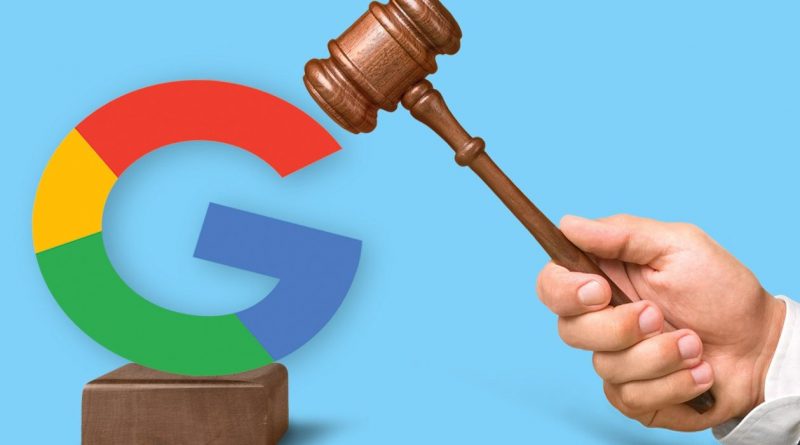Epic Games’ Lawsuit Secures a “Victory Royale” over Google
By Mark Walier
Tech Editor
Epic Games, creator of the hit video game “Fortnite”, won a critical lawsuit over Google citing the monopolistic nature of their mobile app store ecosystem. For years, Google, Apple, Amazon, and Facebook have successfully defended against antitrust allegations, leaning heavily on the argument that their massive scale provides consumers with higher quality for lower costs. However, others argue that this market dominance prevents healthy competition and lacks sufficient power regulation. In recent history, little success has been had when trying to reign in the authoritative nature of these tech giants. Apple and Epic squared off in 2021 on similar monopolistic allegations, where a federal judge dismissed nine out of ten of Epic’s claims. This time, the underdog landed a punch, potentially shifting momentum towards more stringent regulation for Big Tech.

Since 2017 Epic has challenged Apple and Google, criticizing their restrictive terms and high fees for app developers on their stores. After failing to settle their differences, Epic intentionally violated developer terms in 2020 through Project Liberty, urging Fortnite players to make in-game purchases on Epic’s website instead of through iOS or Android apps. As a result, Apple and Google couldn’t collect their handsome 30% commission fee taken on all mobile store transactions. In retaliation, the tech giants removed Fortnite from their app stores, resulting in subsequent legal battles regarding antitrust behavior.
Apple and Google both contend that their practices guarantee software safety, with Google noting the flexibility of its Android system compared to Apple’s proprietary app store restrictions. Moreover, Google contends that its developed and licensed Android operating system enables users to download apps from any third-party source at their discretion. In contrast, Apple limits app installations exclusively to those available through its proprietary app store. According to Wilson White, the VP of Government Affairs and Public Policy at Google, “Android and Google Play provide more choice and openness than any other major mobile platform… the trial made clear that we compete fiercely with Apple and its App Store, as well as app stores on Android devices and gaming consoles. We will continue to defend the Android business model and remain deeply committed to our users, partners, and the broader Android ecosystem”.
This initial ruling has solely determined Google’s liability in an antitrust case. However, a judge will decide the exact nature of Google’s punishment in January. These could include fees, a forced restructuring of their mobile platform, or greater business-wide antitrust requirements. Both parties will present their cases, and any changes to Google Play Store are likely to be postponed until the judge’s final decision to avoid complicating matters if additional actions are required. The jury found that app buying and distribution are separate markets, which may lead other big tech companies with similar business models and operating systems to reconsider their business structure.
Consumers should stay tuned to the Epic Games vs. Google case, as it marks a pivotal moment in the debate on the monopolistic practices of these tremendously influential tech giants. The upcoming decision on Google’s punishment in January may influence future regulations and tech business strategies, shaping the user experience for all consumers.

